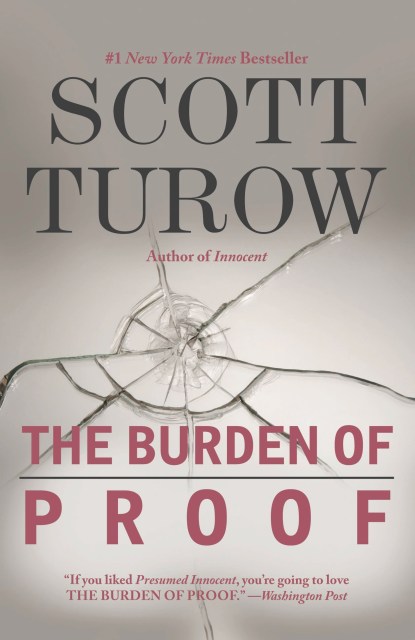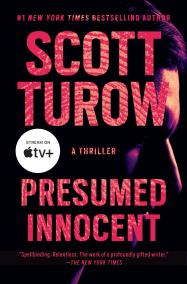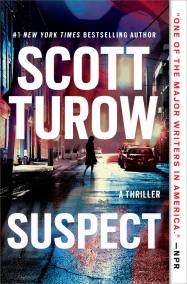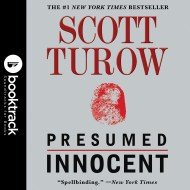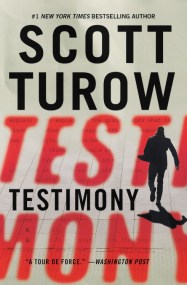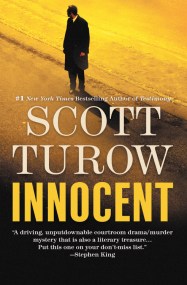By clicking “Accept,” you agree to the use of cookies and similar technologies on your device as set forth in our Cookie Policy and our Privacy Policy. Please note that certain cookies are essential for this website to function properly and do not require user consent to be deployed.
The Burden of Proof
Contributors
By Scott Turow
Formats and Prices
- On Sale
- Dec 1, 2000
- Page Count
- 608 pages
- Publisher
- Grand Central Publishing
- ISBN-13
- 9780446677127
Price
$19.99Price
$25.99 CADFormat
Format:
- Trade Paperback $19.99 $25.99 CAD
- Audiobook Download (Unabridged)
This item is a preorder. Your payment method will be charged immediately, and the product is expected to ship on or around December 1, 2000. This date is subject to change due to shipping delays beyond our control.
Buy from Other Retailers:
Turow’s acclaimed second novel, which topped international bestseller lists, is now available in trade paperback. Sandy Stern, the brilliant defense attorney from Presumed Innocent, faces an event so emotionally shattering that no part of his life is left untouched. It reveals a family caught in a maelstrom of hidden crimes, shocking secrets, and warring passions.
Genre:
Newsletter Signup
By clicking ‘Sign Up,’ I acknowledge that I have read and agree to Hachette Book Group’s Privacy Policy and Terms of Use
